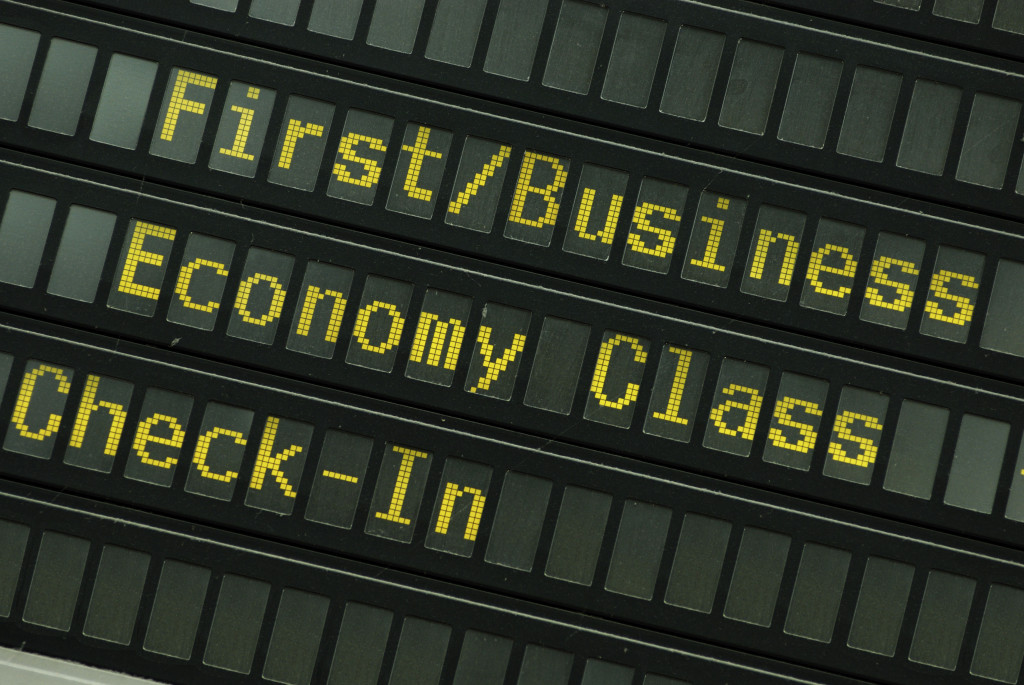How to get compensation if your flight is delayed or cancelled

Last year one of the bitter lows of my travels was flying with Vueling from Bari to Lisbon.
I was left stranded in the airport for 12 hours after my flights were cancelled twice. Flight cancellation or long delays are one of the risks that come with traveling. While I was waiting at Bari airport trying to consider my alternatives and escaping the airport, I spoke to a few co passengers who were also looking at their options. One thing that surprised me when speaking to them was how almost everyone I spoke to were unaware of the fact that could be due compensation for the flight being cancelled. I mentioned to them about the European Court of Justice’s landmark decision in 2012 that acknowledged that passengers were legally due compensation for cancellations and delays as long as the situation fit certain criteria.
So lets get the rules straight here. To start off: was your flight cancelled (like mine ) or delayed for more than three hours after February 2005? Then you may be due compensation.
One option is to file the claim yourself.
No matter what the reason or regardless of the time before the flight you were notified of your flight cancellation you are entitled to at least a full refund of your ticket price, or a booking on an alternative route. In some cases, it is also possible that you could receive compensation for your inconvenience.
1st step: Do you fit the criteria?
To claim compensation for a cancelled or delayed flight all of the following must be fulfilled.
1. Under law, the flight must have taken off from a EU airport (including Iceland, Liechtenstein, Norway and Switzerland) or landed at a EU airport with a EU airline. Example: a flight from Berlin to New York is acceptable, a flight from New York to Berlin with Air Berlin is acceptable but a flight from New York to Berlin with American Airlines would not be considered under this law.
2. If your flight was booked as a package, for example with hotel and flight together, the tour company is responsible for finding you an alternative flight or date, not the airline.
3. If your flight was before February 2005, then you have passed the statute of limitations meaning that it is no longer possible to file a claim. You must also consider the statute of limitations for the country in which you are dealing with, as they may have different cut-off dates. If your flight is after February 2005, you are still in the acceptable time bracket.
4. To claim additional compensation, the airline must be at fault. For example, the flight was under booked and cancelled by the airline.
5. Cancellations: Did you arrive at your destination later than scheduled? If so, there are varying degrees of compensation you are due based on how delayed you were.
Delays: Did your flight arrive at least 3 hours late? If it took off 4 hours late and arrived only 2 hours late, you are not eligible for compensation.
2nd step: How to file your claim.
1. Contact the airline directly. Airlines have different preferred methods of contact. Some ask for a postal letter or email while others have a link to contact on the website. Be sure to state what the problem was and what you are looking for in terms of compensation or reimbursement. According to the Civil Aviation Authority, in the UK, you should include the following information in your report:
Your full contact details (address, email and phone number)
Full details of all the passengers
Your booking reference and travel dates
Your flight number, departure and destination airports
Details about where the disruption occurred
Information about length of delays
Names of the staff you spoke to
Evidence to support you where on the flight, such as:
Emails from the airline
Luggage tags
Receipts from the airport
Phone records
Passport stamps
2. If the airline refuses your claim, the next step is to contact the regulator and they will assess if they feel you have a valid claim, though they cannot decide cases or impose requirements on the airlines. If the flight departed from the UK, the regulator is always the Civil Aviation Authority. For other cases, the regulator could be the European Consumer Center or the regulator in your departure or arrival country.
3. If the airline still isn’t paying even though the regulator says you have a case, your next step is to go to small claims court. During this step you will be required to pay fees. If you decide that you wish to pursue your case further Money Saving Expert have compiled an excellent guide for you to follow.
The second option would be utilize a professional service such as Flightright.co.uk to make your process less complicated.
1st step: Estimate your potential compensation.
Following the instructions on the website, you input your flight number and flight date. From there, Flightright will determine an estimated amount you are due from the airline.
2nd step: Describe the problem.
Here, you note whether your flight was cancelled or delayed, if you were denied boarding, or your flight was rerouted. You are also given space to write out other specific details of the problem.
3rd step: Details of compensation.
In this step you learn the exact details of your compensation, if you are in fact entitled something, you will be asked to fill out contact information.
4th step: Wait for results.
The company will do the paperwork for filing the claim and if the case goes to court Flightright will represent you. If you are due compensation, the company charges a 25% (plus VAT) fee, if you do not receive compensation, Flightright assumes 100% of the risk.
Pros and Cons: Filing the claim yourself vs. using a third party
Filing yourself
Pros:
You won’t be required to pay any extra fees.
Process could be simple and can easily be done yourself.
Cons:
Process may be very complicated and time consuming.
Many times the airlines do not respond or refuse to compensate.
If you have to go to court you must pay required fees.
Using a third party
Pros:
Process is made very simple, only requiring you to fill out basic information.
You don’t pay fees unless you are due compensation.
Provided with legal expertise.
Cons:
Fee payment, especially if the case is relatively simple.
Which option to choose?
When making your choice consider these questions:
How much time are you willing to devote to filing a claim?
How complicated is your claim? Do you feel comfortable dealing with the airline yourself or would you rather have someone with more experience?
How much does potential fees matter to you?
PS After Vueling refusing my claim I am currently filing my claim via Flightright. I’ll keep you posted about the outcome.
PPS Do consider getting a good Travel Insurance policy if you are going on long haul trip or flying frequently. It will cover you on issues like flight cancellation. My insurance policy had expired a month before so I learnt my lesson bitterly. Another point to remember. You will get some protection by booking your holiday using a credit card or Visa debit card. In the UK for example if you are booking flights, accommodation or a package deal that cost between £100 and £30,000 on your credit card, you get protection under Section 75 of the Consumer Credit Act. This means your card provider is jointly liable with the retailer, and must refund you. Similar protection is offered on Visa debit cards through the Visa chargeback scheme.




One Comment